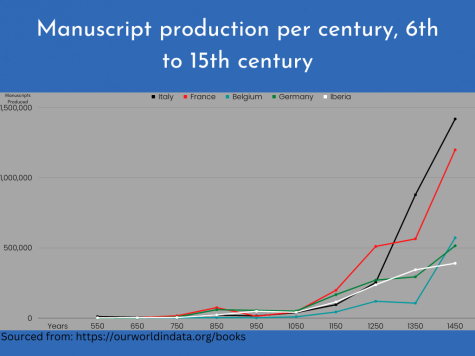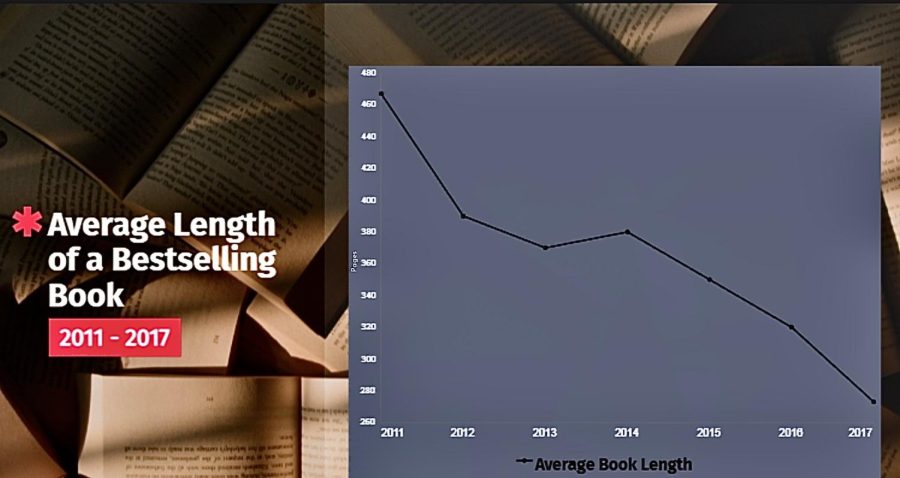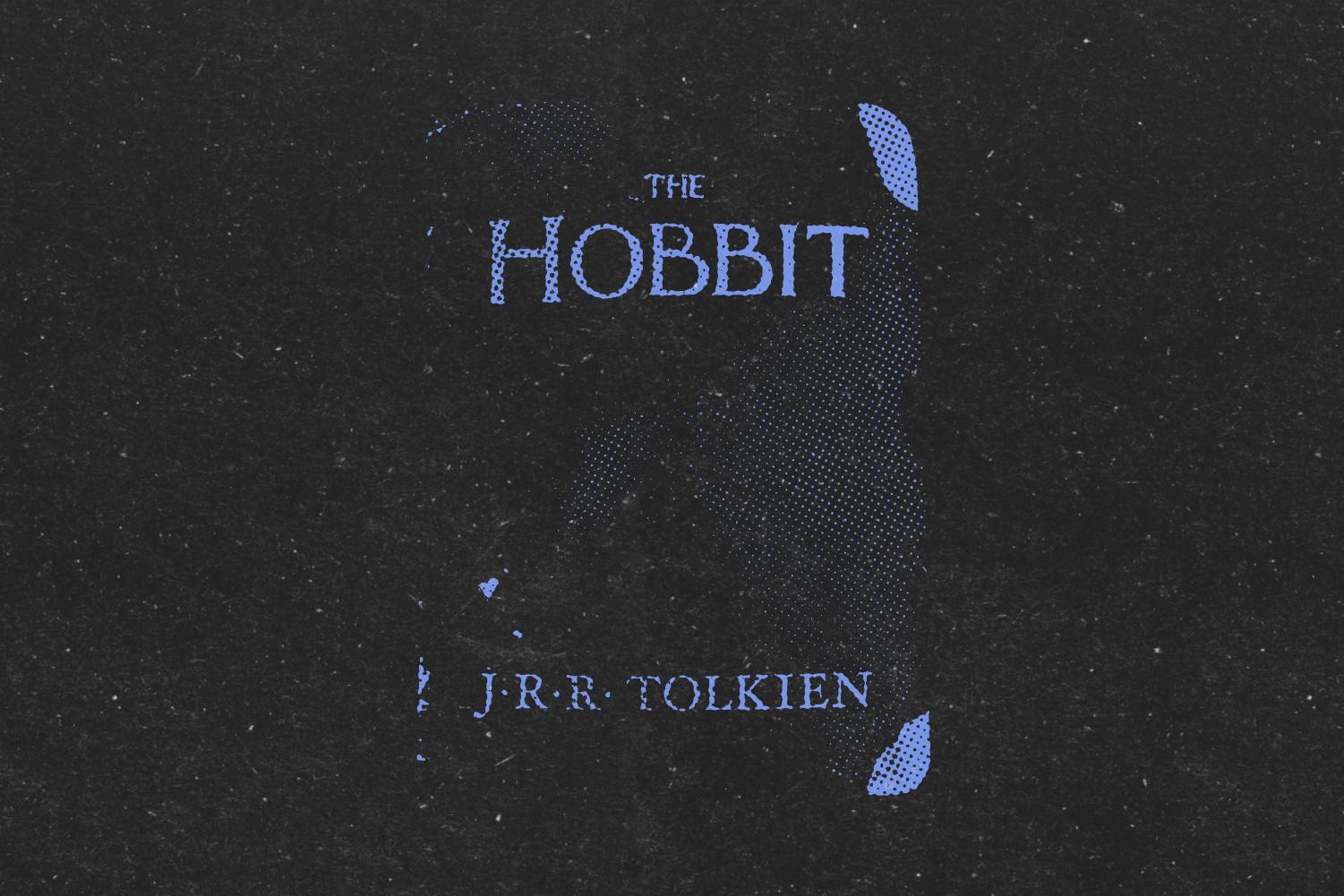From “Gilgamesh” to “Harry Potter”: the evolution of literature
December 8, 2022
Marked changes in literature drew notice over the years in the form of altered syntax, diction and overall difficulty in comprehension. As people evolve, writing styles begin to vary with them regarding all manner of literary works, fictional or not. Various documents and publications feel the mutations associated with the passage of time. Several works that came too early for their time and fell by the wayside became heralded as must-reads or classics due to their innovative ideas, inventing completely new people, situations and places each with their own unique spin on reality that can leave people changed after reading them. Scores of books remain in obscurity because of their difficult wording as compared to the modern times they reside in. Manuscripts written in times long before uncounted peoples’ births and nations’ foundations became the subject of countless decodings not only of their languages but also their wordings.
Plays of William Shakespeare and the dissertations of Herman Melville in the form of Moby Dick frequently fall upon those incapable of deciphering their meanings without a certain measure of difficulty. This makes them difficult reads for those less advanced readers and frankly, boring to others despite the histories behind various pieces.
“The main difference is older works tend to try and write more ‘fancy’ and ‘refined’ because mostly the only literate people were upper class. Now that literacy is more common there’s less of a focus on that sort of thing. Also, I’ve noticed simplicity is a much more desired characteristic now than it was in the past. I don’t really think these changes are good or bad, just change, as all things do, though I will say I enjoy complexity more,” junior reader Ayden Porch said.
Libraries serve as a primary source for the expression of literature to readers. NC’s Media Center and the North Cobb Regional Library provide valuable resources online and in person. Young authors constitute an apt representation of the newer styles of writing as they become pushed into writing contests and through online publications so they can gain proper recognition and constructive criticism to advance their craft. Publications like Writer’s Digest support old and new authors by initiating writing contests, book reviews and helpful tips for those who love to write. Thanks to the increase in literacy in the world, an ever-increasing number of people decide to write.
“I think literature has changed to become more appealing to a wider audience. For example, novels in verse are a major trend in Young Adult literature. We’re also seeing a surge in character diversity, which means related changes in the use of slang, vernacular, etc. More highbrow literature still exists, but in my opinion, the greatest change we can make is making reading more accessible and enjoyable for everyone,” magnet American literature instructor Alexandra Yeganagi said.

The latest estimate for the number of books published in 2021 comes in at over four million. With the increase in publications and about 90,000 words within each 300-page book, the chances of mutations or evolutions within a writing style that gain recognition and act as an adaptation into mainstream publications become elevated. Authors like Brandon Sanderson of “The Mistborn Saga” and George R. R. Martin of “A Song of Ice and Fire” series redefined the fantasy genre: one by writing a series taking place through eras and the other that instead of using a deus ex machina to solve a character’s death, the character dies respectively. By introducing new plot devices and forms of writing, these authors can completely rewrite the way one thinks about how a book should look. This altered vision of book-writing produces an entirely new breed of authors who continue the process of enhancing the genre. An example of these augmentations exists within Adam Silvera’s book, “They Both Die at the End”, where the book’s title spoils the book’s ending as the main characters do indeed die at the end.
“Overall, my writing has gotten more serious. There’s always a connection to the main theme: grief, loss, power, etc. I’ve also gotten a lot better and show don’t tell, especially in characterization. My sentence structure is much more cohesive now as I’ve gotten more confident and I’ve written a lot more. I mean I’ve been writing for fun since 1st grade, but 7th was when it became more fledged out, so the comparison is jarring. Now I blend a more adult vocabulary with the [point of view] of the narrator to provide contrast and help elucidate the narrator’s inner thoughts. When I was younger I would binge-read, but I read less now. But I have noticed changes in how I interpret the writing. Like I more easily notice plot twists and am able to put my own thoughts on authors’ writing styles,” magnet junior writer Claire Isbitts said.

Literature existed for 4,000 years out of modern humans’ total existence of 200,000 years. That represents over 2% of humanity’s existence. Books appeared with the ancient Sumerian text depicting the journey of the hero Gilgamesh on his quest to find immortality. “Epic of Gilgamesh” set the stage for the first written example of the hero’s journey and effectively created the template for a majority of variations of fiction works that involve a hero on a journey. This creation and continuity between the past and present tenses interest readers given the changes to literature over time. This includes the progression in the content that becomes available to authors of science fiction books and the myriad of punk books that could not reach fruition without the ideas of modernity.
“Over the years, the syntax and diction in literature have changed to reflect the speech and language of the general public. Language has become less formal, even within professional communications, and literature reflects that reduction in formality. Today, it seems that efficiency is more important than elegance in both the written and spoken word,” bachelor of Arts and English education Hanna Alexander said.
The alterations within the written language become portrayed in books that do not only appear in works such as fiction or graphic novels but also their role with common slang during scenes portrayed by the book. They also become apparent within professional works, including educational journals and textbooks to reflect the times they inhabit and to educate on the changes that have occurred. Modifications to languages have appeared en masse likely prior to the creation of written books. A pertinent example of this change in language comes from the famous playwright Shakespeare and his notable additions to the English language, which society uses in the modern age such as the words control, lonely, majestic and obscene. These incredible additions to language as a whole show the evolution that language continues to accommodate new ideas, feelings and even objects, especially in the technologically reliant age that humans inhabit.
